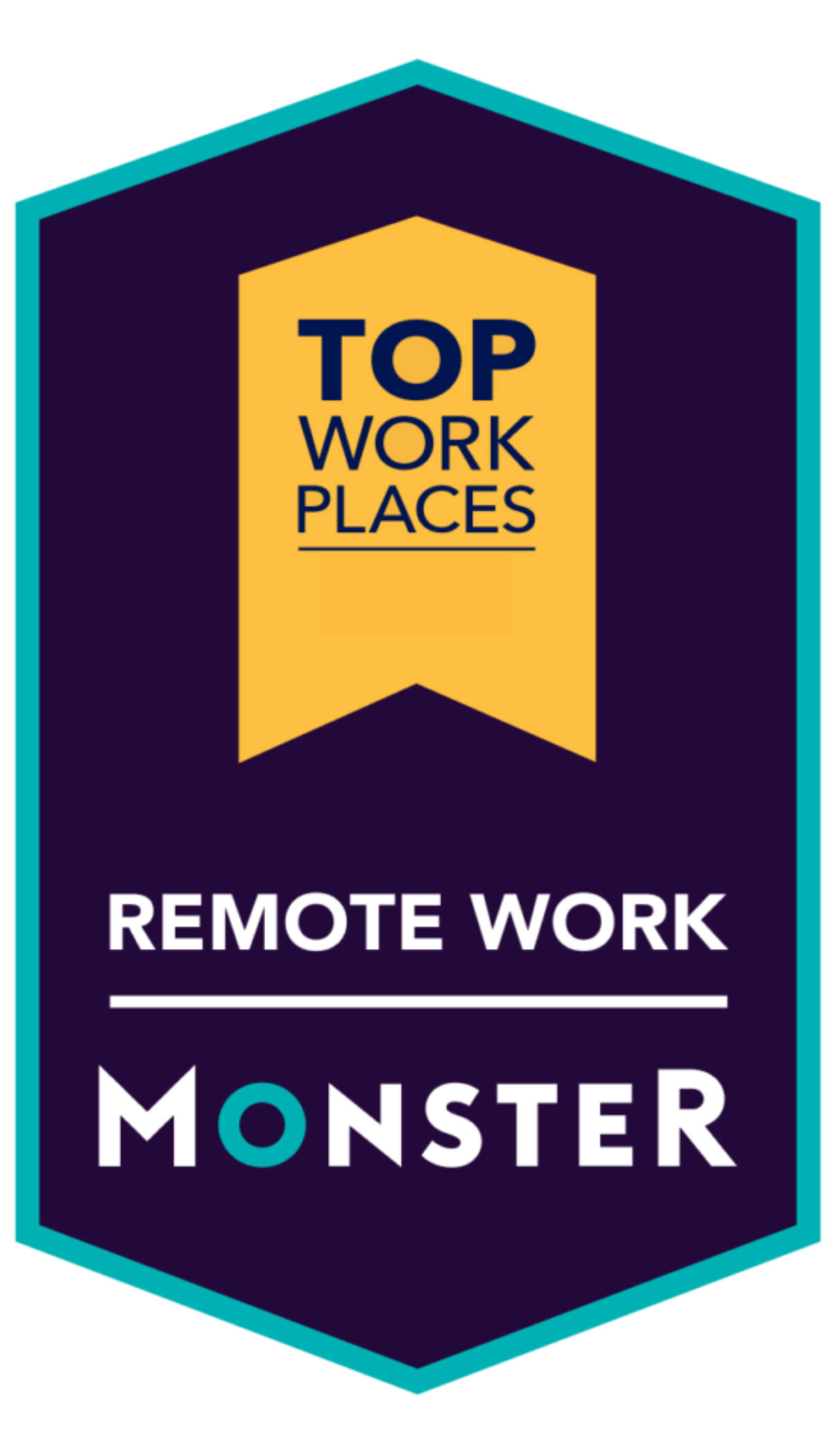Our Process
The country’s largest provider of acute and specialty telemedicine, Access TeleCare works with hospitals, outpatient clinics, and physician practices to provide telemedicine services in neurology, behavioral health, hospitalist medicine, pulmonary and critical care, maternal-fetal medicine, infectious disease, cardiology, nephrology, and endocrinology.
The company was the first provider of acute clinical telemedicine services to earn The Joint Commission’s Gold Seal of Approval and has maintained that accreditation every year since its inception.
Breaking through the screen™
FOR HOSPITALS AND HEALTH SYSTEMS ACROSS THE COUNTRY.
Developing Sustainable Programs
Too often, technology has been foisted on the health care system, and its promises go unrealized. So, we designed a new process. Every telemedicine partnership we enter into with a hospital is designed and implemented around the goals, protocols and practices of each hospital. We are accountable to those. For our success and yours, we work with on-site physicians, nurses and information technology staff to ensure they are comfortable with our partnership before we see a single patient. And, we work to make telemedicine an easier lift for cash-strapped hospitals. For telemedicine to be within reach of only the largest health systems runs counter to its very promise and utility – of increasing access to care in underserved areas and for underserved populations. We work with every partner hospital to make telemedicine programs financially feasible to implement and, more importantly, to sustain.
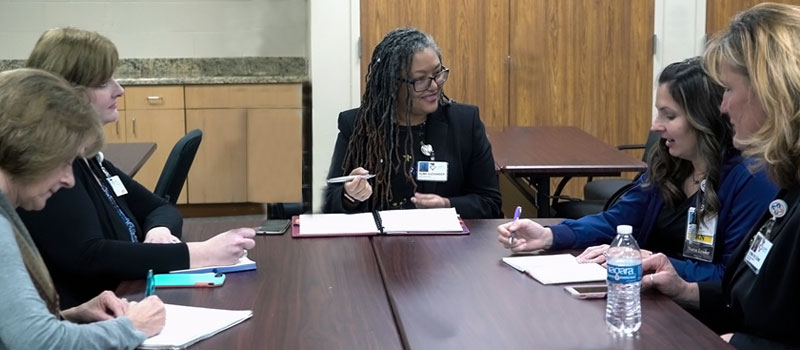
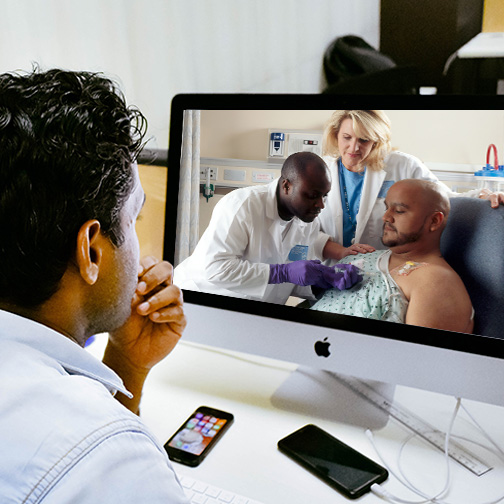
Dedicated Pods of Specialists
Our telemedicine model dedicates a group of physicians to each hospital we work with. These physicians become part of the care team, even though they are not physically present. We prioritize the ongoing collegial relationship between the virtual physician(s) and the on-site health care professionals, whether that’s other physicians, nurses, respiratory therapists, or pharmacists. The success of our model is the result of this purposeful team-based approach.
Our team also manages all the credentialing documentation, licensure, and certifications of all our physicians. Our in-house credentialing team works directly with each hospital to make sure all of our physicians are ready to work at the time of launch.
Integration With Hospitals’ Medical Staff
The Access TeleCare team believes in full medical staff integration, including with nursing and other ancillary staff. Our physicians are accountable to your medical staff’s protocols, goals, and standards of care.
Partner hospitals call our physicians directly instead of navigating call centers. And, we proactively contact hospitals’ on-site staff to huddle before and after each shift. Our physicians and your nurses are on a first-name basis, and proactive communication is encouraged and promoted.
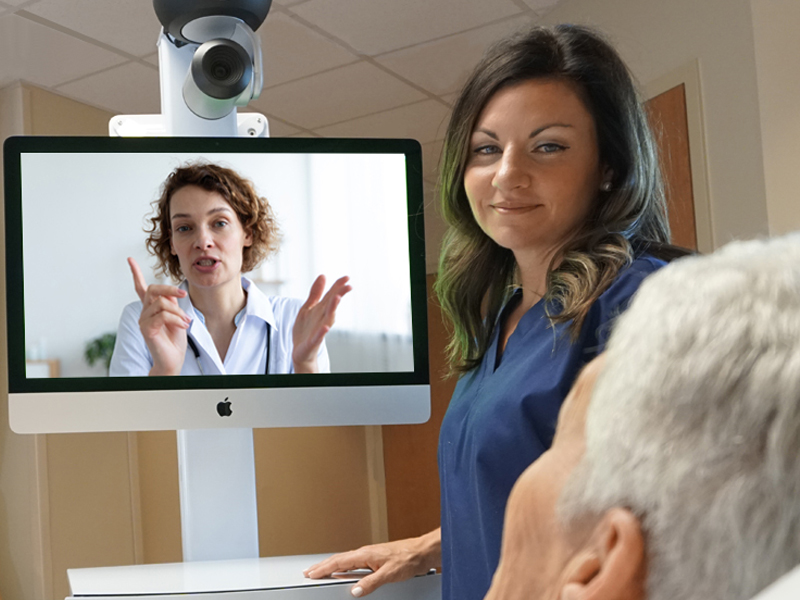
EHR Compatibility and Integration
Access TeleCare believes in the importance of working natively in each facility’s EHR. All of our physicians, without exception, document in real time in the hospital’s EHR.
Our approach decreases time to implementation. More importantly, it builds rapport between onsite and online clinicians, reducing waste and inefficiency. As part of our training program for our physicians to excel in telemedicine, we include knowledge of and familiarity with all leading EHRs.
Billing and Revenue Cycle
Access TeleCare has a dedicated in-house team to manage payer contracting and payer credentialing. We have the capacity to acquire payer contracts and participate in Medicare and Medicaid programs in any state. To our knowledge, we are the only acute telemedicine providers with an in-house strategy for payer contracting and credentialing. The offsets we gain by maximizing billing and collecting help make our telemedicine programs more affordable for hospitals.
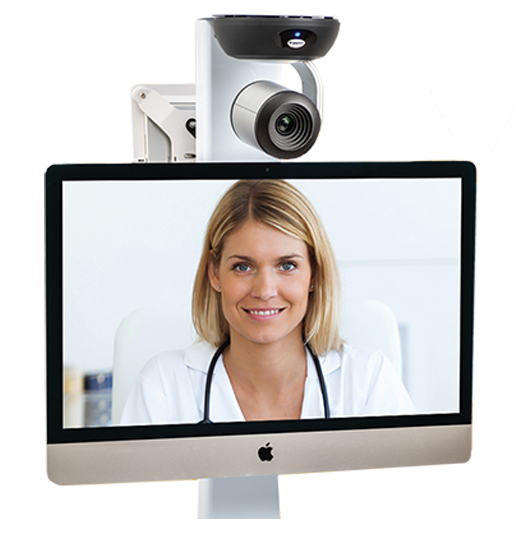
Community Engagement
The community is a key stakeholder in any telemedicine program’s success. If hospitals want to retain more of their local patients by offering a telemedicine service line, potential patients need to understand that service, how it works, and the level of care they can expect.
We meet with potential patients before program launch to answer questions, give an opportunity to meet the doctors, and demonstrate the technology.
CLINICAL EXCELLENCE THROUGH TELEMEDICINE
The future of specialty care is telemedicine.
The future of specialty care is telemedicine.
Why are so many hospitals and health systems deploying specialty telemedicine in their inpatient and outpatient facilities?
The U.S. projects a shortage of more than 34,000 specialty physicians by 2034. Forty percent of physicians will reach retirement age in the next decade. And in rural communities, nine percent of physicians are asked to care for almost a quarter of Americans.
Specialty telemedicine is a powerful solution.





